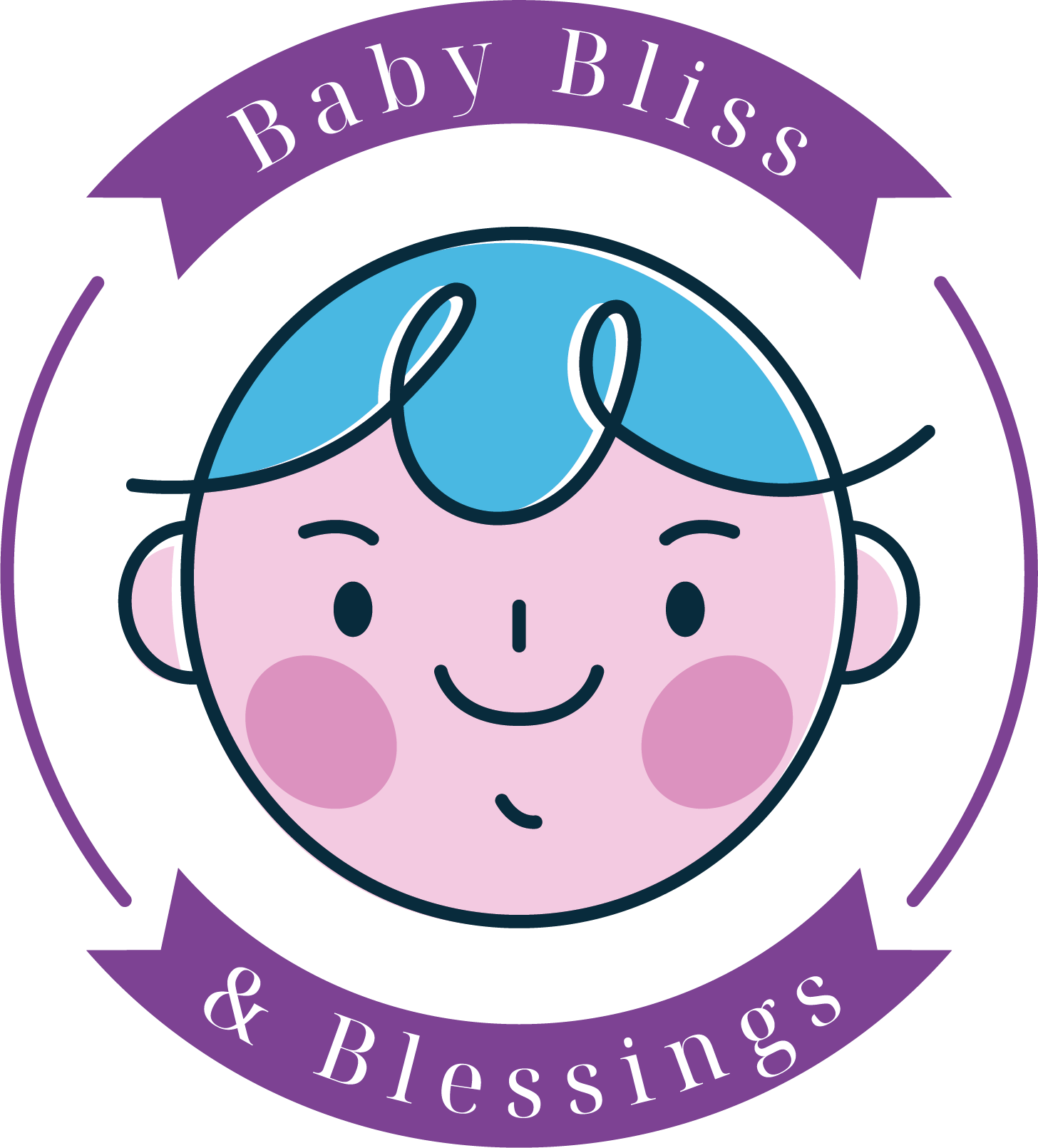Toddler dental care is important for general health. It’s critical to establish healthy dental hygiene habits in toddlers at a young age, as they explore the world around them. In addition to ensuring an attractive smile, proper child dental care lays the groundwork for lifelong good teeth and gums. We’ll explore some of the best practices for toddler dental care in this post, assisting parents in understanding this crucial area of their child’s health.
Start Early:
Toddler dental care should start even before their first tooth appears. After feedings, wipe your baby’s gums with a clean, wet towel to help eliminate bacteria and establish appropriate dental hygiene practices. It’s time to start brushing once the first tooth erupts, usually at six months of age.
Brushing Techniques:
A toothbrush with gentle brushes meant for young children should be used. At first, you can use simply water to brush your toddler’s teeth. When they are bigger and can spit it out, which is normally around age two, apply a tiny drop of fluoride toothpaste (about the size of a grain of rice). Until your child can efficiently brush on their own, usually around age six or seven, supervise brushing sessions.

Frequency of Brushing:
It is suggested to brush your teeth at least twice a day, preferably in the morning and right before bed. For your toddler’s oral health, routinely brushing their teeth will help them develop the habit. Always remember to be thorough and careful, giving each tooth surface your full attention.
Healthy Diet Habits:
Your child’s dental health is significantly impacted by what they consume. Restrict the amount of sugary drinks and snacks since they may worsen tooth decay. Choose wholesome snacks such as cheese, yogurt, fruits, and veggies. Promote drinking water over sugar-filled beverages to help wash away food particles and lower the incidence of cavities.
Regular Dental Check-ups:
Make an appointment for your toddler’s first dental visit by the time of their first birthday, or no later than six months after the first tooth appears. For both expert cleanings and the early detection of any dental concerns, routine dental checkups are essential. Also, your dentist can offer advice on appropriate oral care methods catered to the requirements of your child.

Lead by Example:
Make careful to practice good dental hygiene yourself, as children typically imitate their parents’ conduct. As a family, brush your teeth to teach your toddler that taking care of your teeth is important daily.
Address Oral Habits:
Toddlers often have two habits: sucking their thumbs and sucking on pacifiers. Although these behaviors are common, using pacifiers or thumb sucking for extended periods can harm teeth development. Encourage your youngster to slowly change these habits, and if you have any concerns, speak with your dentist.
Emergency Preparedness:
It is imperative to be ready for dental emergencies since accidents can happen. Prepare a strategy for dealing with dental injuries, such as broken or knocked-out teeth. In an emergency, always have your dentist’s contact information on hand.
A lifetime of healthy smiles can be ensured by taking proactive measures to maintain your toddler’s dental health. You can help your child have the best possible dental health by starting early, establishing good oral hygiene practices, eating a balanced diet, scheduling routine dental checkups, and being ready for any emergency. Remember that healthy dental behaviors for toddlers are acquired early in life and frequently transfer into maturity, supporting long-term dental health and well-being.








[…] Bright Smiles – Best Practices for Toddler Dental Care […]
[…] Bright Smiles: Best Practices for Toddler Dental Care […]
[…] Bright Smiles: Best Practices for Toddler Dental Care […]
[…] Bright Smiles: Best Practices for Toddler Dental Care […]
[…] Bright Smiles: Best Practices for Toddler Dental Care […]
[…] Bright Smiles: Best Practices for Toddler Dental Care […]